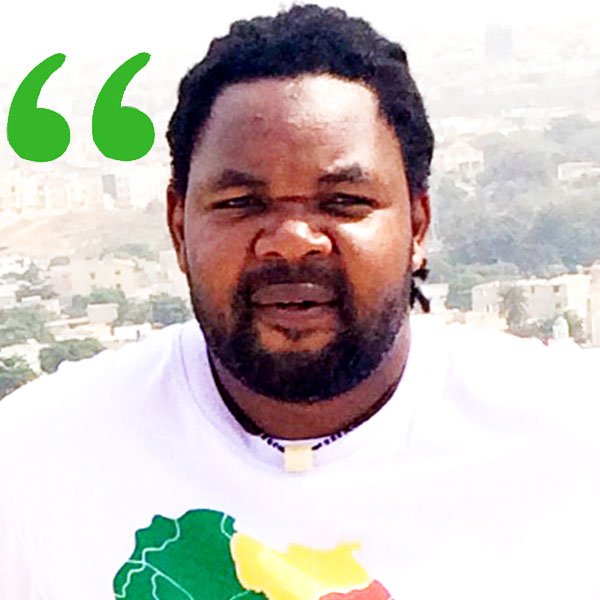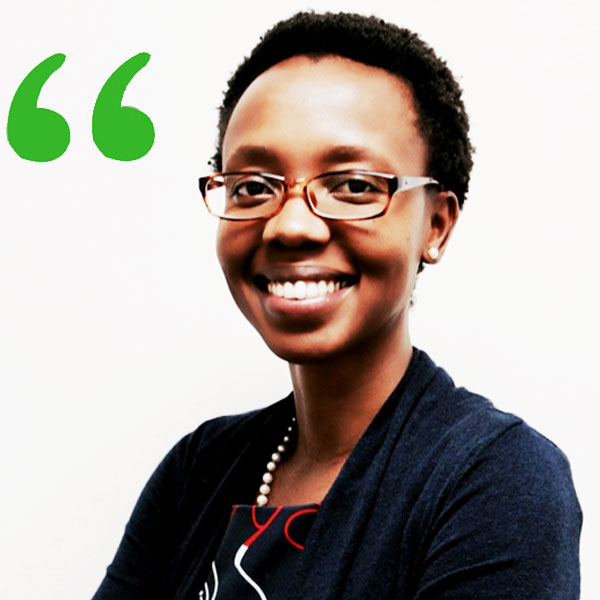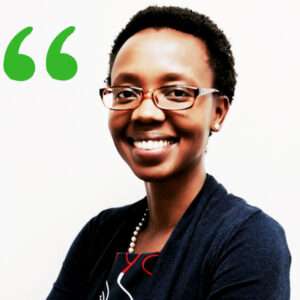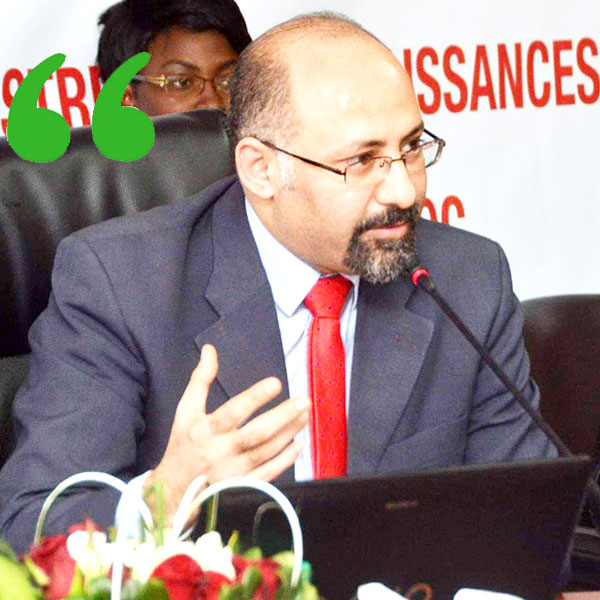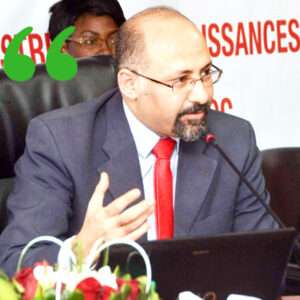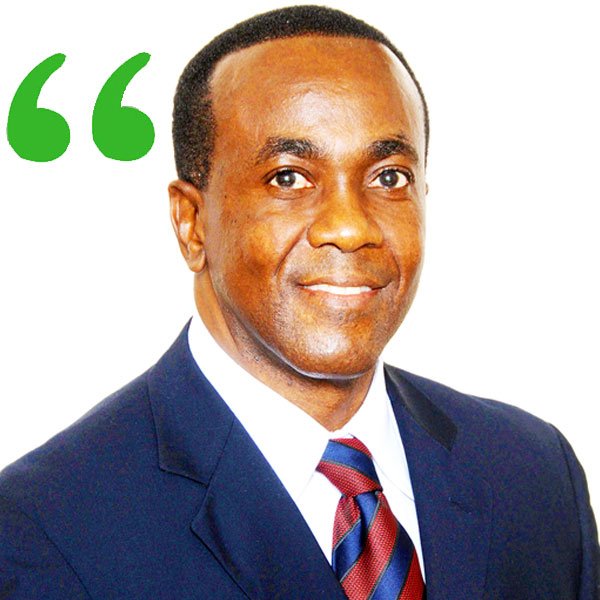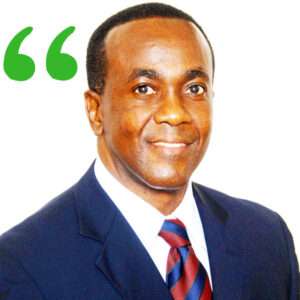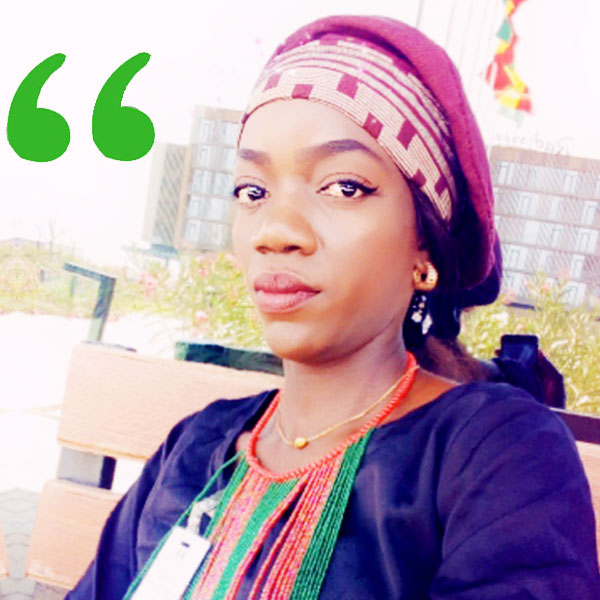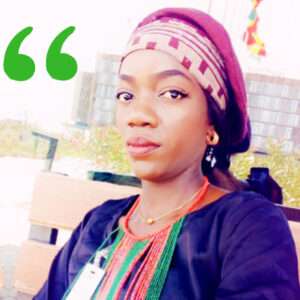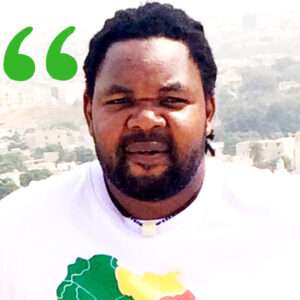
Jimmy Kainja is a lecturer in media, communication, and cultural studies at University of Malawi, Chancellor College. His main areas of academic and research interest are communication policy and regulation, journalism, new media, (mis)information and disinformation, freedom of expression, and the intersection between media and democracy.
Kainja has been a blogger since 2007 and is a founding member of Africa Blogging, which he co-edited between 2015 and 2019. In addition, Kainja has written for a number of reputable international media organisations including the BBC, The Guardian, Aljazeera, and New African. Locally he is a regular contributor of analytical articles to Nation Publications Limited newspapers.
In the context of the February 3, 2020 Constitutional Court nullification of the presidential elections and scheduled fresh polls in June 2020, and in parallel to the Covid-19 pandemic, Kainja will study hate speech and misinformation, data protection, and access to information.

